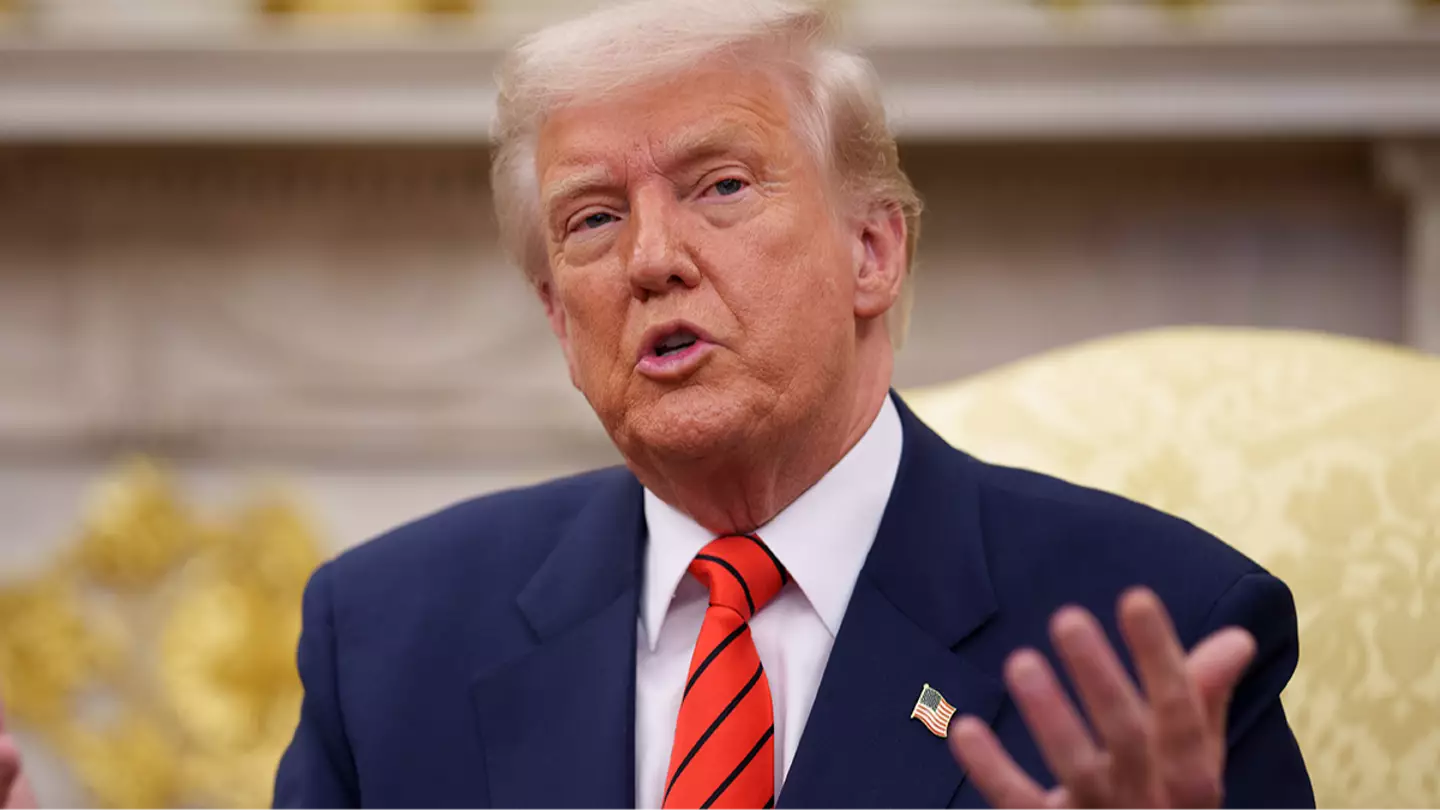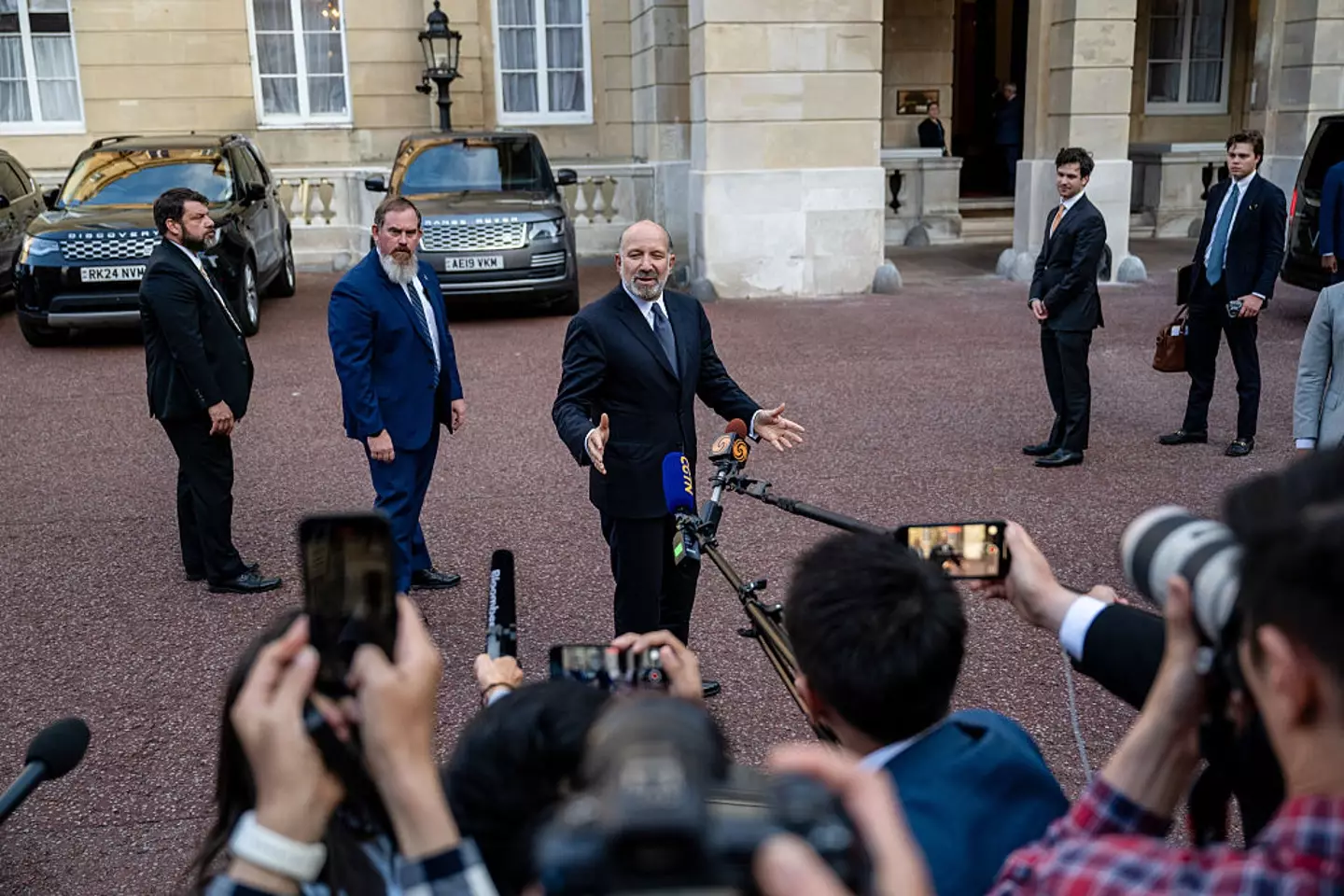
A huge stride has been taken by US and Chinese officials striving for economic peace, although both leaders have yet to agree on the deal.
Following the announcement of President Donald Trump's 'Liberation Day' tariffs, the US and China have been engaged in a trade war, with neither side seemingly willing to concede defeat.
However, peace appears to be on the horizon, if only temporarily, as the two countries agreed to issue a '90-day pause' on tariffs last month.
And on Thursday (June 6), Trump and President Xi Jinping had an hour-and-a-half call as the pair attempted to broker a trade deal, with the 78-year-old later detailing what they had spoken about on Truth Social.
Advert
"I just concluded a very good phone call with President Xi, of China, discussing some of the intricacies of our recently made, and agreed to, Trade Deal," he wrote in part.
"The call lasted approximately one and a half hours, and resulted in a very positive conclusion for both Countries. There should no longer be any questions respecting the complexity of Rare Earth products."

He went on to share how Secretary of the Treasury Scott Bessent, Secretary of Commerce Howard Lutnick, and United States Trade Representative, Ambassador Jamieson Greer, were charged with reaching a trade agreement.
After two days of crunch talks in London, a deal in principal had been struck between the US and Chinese representatives and now awaits the green light from both leaders.
"We have reached a framework to implement the Geneva consensus and the call between the two presidents," Lutnick told reporters yesterday (via CNBC).
He went on to explain how he will now return to Washington DC to 'make sure President Trump approves', and if he does and so too does Xi, then 'we will implement the framework'.
However, according to Scott Kennedy, senior advisor and trustee chair in Chinese Business and Economics at the Center for Strategic and International Studies, in Washington DC, the deal is primarily based off the countries need for materials the other possesses.

China holds almost the entire world's supply of samarium - a rare earth material that is largely used in the military, with it being used in fighter jets, missiles and other equipment.
Back in April, China halted exports on samarium, as well as other rare minerals, with exporters only able to send it out with a license from the Ministry of Commerce.
In return for these minerals, China will hope the Republican POTUS will ease restrictions which sees American computer chip companies limited in what they can sell to businesses in China.
The aim of these restrictions, which former President Joe Biden introduced before the Trump administration tightened earlier this year, is to slow the communist country in its ambitions to develop artificial intelligence both for military and commercial purposes.
“This deal is taped together by the two sides’ leverage over each other, not common principles or shared interests,” Kennedy said to CNBC. "The chances for further stops and starts are quite high."
However, despite the 90-day agreement, Trump claimed on May 30 that China had 'violated' the truce.
Topics: Donald Trump, China, Politics